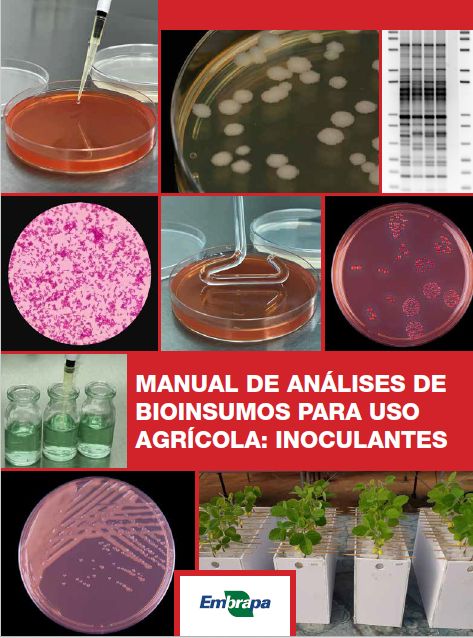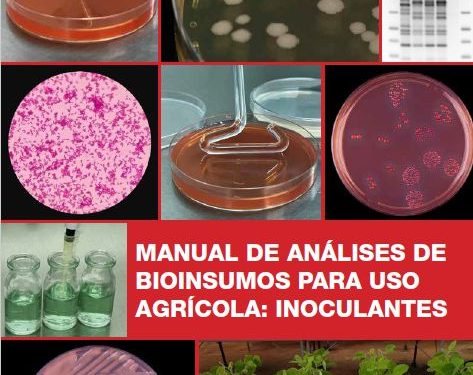A Comprehensive Guide Authored by Embrapa Soja Researchers to Elevate Inoculant Quality Assessment
In a significant development for the agricultural community, a comprehensive resource titled “Manual of Bioinput Analysis for Agricultural Use: Inoculants” is now available for download. Authored by Eduara Ferreira and researchers Marco Antonio Nogueira and Mariangela Hungria from the Soil Biotechnology Laboratory at Embrapa Soja in Londrina-PR, this manual serves as a definitive guide for assessing the quality of inoculants used in agricultural practices.
The authors, recognized for their extensive expertise in inoculant research in Brazil, set out to create a publication that serves as a benchmark for analyzing the quality of inoculants. The manual offers a detailed description of analysis methods accompanied by illustrations that enrich the content and facilitate practical application.
According to the manual, the microorganisms covered in the publication belong to the “Embrapa Soja Multifunctional Microorganism Collection: Diazotrophic Bacteria and Plant Growth Promoters.” These include the genera Azospirillum, Bradyrhizobium, Bacillus, Mesorhizobium, Pseudomonas, Pseudomonas, and Rhizobium. As such, this manual holds immense utility and importance for researchers from both public and private institutions working with microorganisms that promote plant nutrition.
The availability of this manual represents a significant step forward in enhancing the quality and efficacy of inoculants utilized in agricultural practices. By providing standardized methodologies for analysis, researchers and practitioners can ensure the reliability and effectiveness of inoculant products, ultimately contributing to improved crop productivity and sustainability.
Interested individuals can access the manual via the following link: Manual Download Link. Additionally, further information regarding the launch of the manual is available through the following link: Launch News Link.
As the agricultural industry continues to evolve and embrace innovation, resources such as the “Manual of Bioinput Analysis for Agricultural Use: Inoculants” play a pivotal role in empowering stakeholders with the knowledge and tools necessary to drive positive change and maximize agricultural productivity. Through collaboration, education, and the dissemination of best practices, we can work towards a more sustainable and resilient agricultural future.








